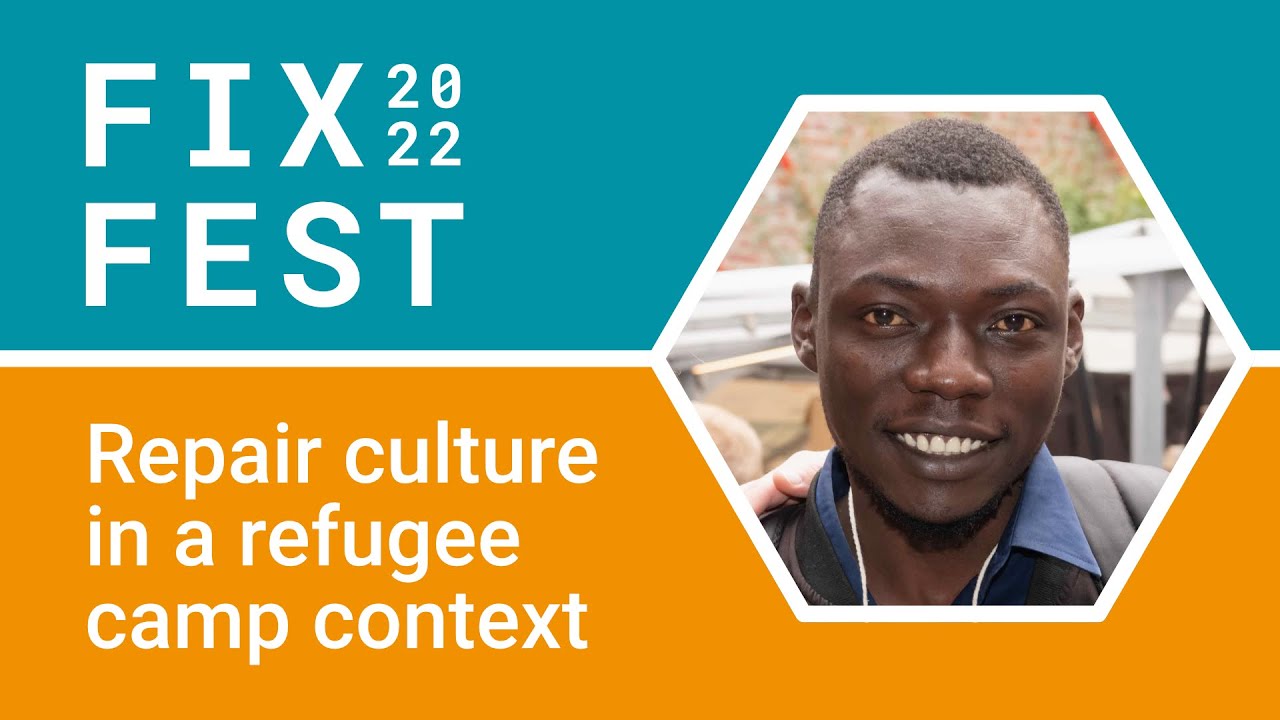I really enjoyed reading @Mathew_Lubari’s recent report on the lessons he and his team of community repairers at CC4D have learned through their work in Rhino Refugee Camp in northern Uganda.
In particular, it was really interesting to read that for the communities in the camp, a more circular economy—driven by repair and maintenance—is not some aspirational goal, but something much more fundamental: making the most of existing materials, learning skills, finding employment, reducing environmental pollution and strengthening social bonds as a means of survival.
While repair and maintenance are relevant from the perspective of circular economy in developed societies, in the case of displacement settings, circular economy becomes a need and a means for survival. This makes refugees as key actors in contributing to the global transition from linear to circular economies.
And as always, I was impressed by CC4D’s focus on gender equality. Mathew takes the time to list numerous barriers women face when repairing, such as not being taken as seriously as men and an exclusionary ‘bro culture’ that I think many of us recognise here in Europe too.
To address this, Mathew suggests the promotion of “apprenticeship programs including mentorship and motivational talks, exchange visits, repair events led by women, and training for women repair technicians”.
There’s lots more, so I’d recommend reading the full thing:
The Maintainers, who supported this work, also have a summary here: https://themaintainers.org/essence-of-repair/
This is wonderful work @Mathew_Lubari! Congratulations ![]()
For more from Mathew, check out his keynote address at Fixfest 2022:
Mathew also appeared on our podcast back in 2021:
